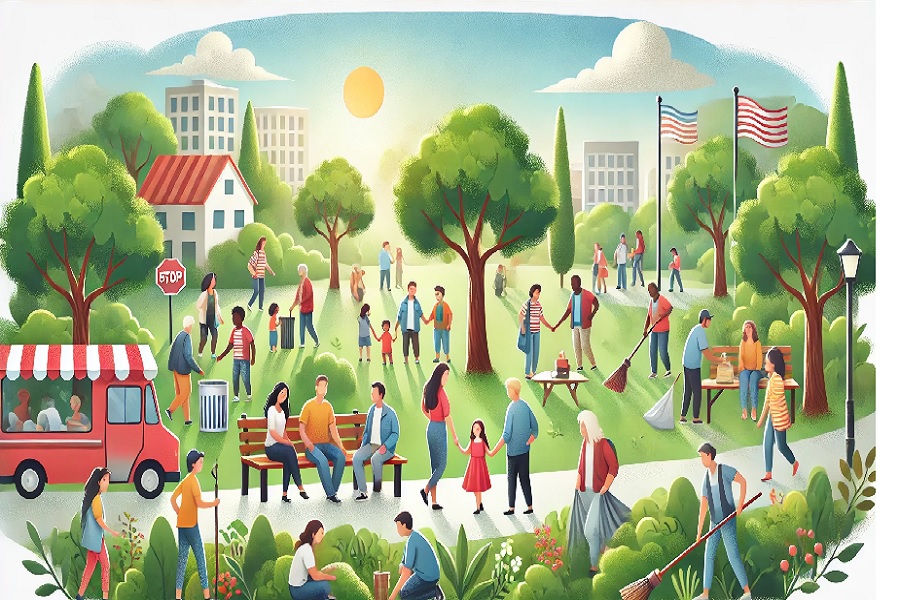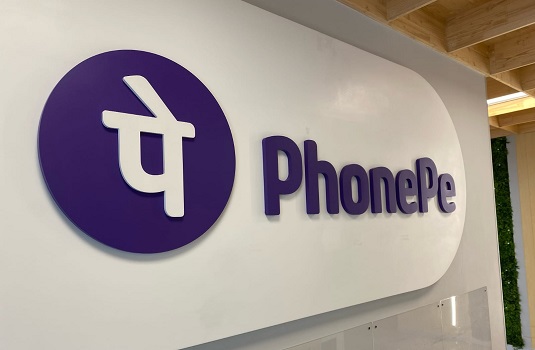Building Stronger Bonds: The Importance of Community and Relationships

In an increasingly digital and fast-paced world, the value of community and relationships remains timeless. Humans are inherently social beings, and the strength of our connections often determines the quality of our lives. From nurturing friendships to participating in local initiatives, fostering meaningful relationships and a sense of community is essential for personal happiness and societal well-being. This article explores the multifaceted aspects of community and relationships and offers insights into how to cultivate and strengthen them.
1. Why Community and Relationships Matter
Mental and Emotional Health
A strong network of relationships acts as a buffer against stress, anxiety, and depression. People who maintain close connections are more likely to report higher levels of happiness and life satisfaction. Communities provide a sense of belonging and purpose, reducing feelings of isolation and loneliness.
Personal Growth
Interacting with a diverse group of people exposes us to new perspectives, ideas, and experiences. Relationships challenge us to grow emotionally and intellectually, fostering empathy and understanding.
Support System
In times of need, a reliable community offers emotional, physical, and even financial support. Whether it’s friends rallying during personal hardships or neighbors helping after a natural disaster, a sense of community fosters resilience.
2. Building Meaningful Relationships
Prioritize Quality Over Quantity
In the age of social media, it’s easy to confuse acquaintances with genuine friends. Focus on building deep, meaningful relationships with people who truly understand and support you.
Be Present
Active listening and undivided attention are crucial in any relationship. Put away distractions, like phones, and engage wholeheartedly in conversations.
Express Gratitude
Small gestures of appreciation go a long way in strengthening bonds. A heartfelt thank-you note or an unexpected compliment can make someone’s day and deepen your connection.
3. Cultivating a Sense of Community
Participate in Local Initiatives
Getting involved in community events or volunteering for local causes is an excellent way to meet like-minded individuals and contribute to the collective good. For instance, joining a clean-up drive or a food bank initiative helps both the community and your social circle grow.
Create Shared Spaces
Organize gatherings, whether it’s a book club, a potluck dinner, or a neighborhood sports event. Shared activities build trust and camaraderie.
Support Local Businesses
Frequenting local stores, restaurants, and farmers’ markets not only boosts the local economy but also fosters a sense of connection with the people around you.
4. The Role of Technology in Community Building
Connecting Virtually
Digital platforms like Zoom, WhatsApp, and Facebook groups make it easier to stay connected, especially in long-distance relationships or during challenging times like a pandemic.
Building Online Communities
Interest-based communities thrive online, from hobby groups on Reddit to professional networks on LinkedIn. These platforms help people find their tribe, even across geographical boundaries.
Balancing Online and Offline Interactions
While technology bridges gaps, face-to-face interactions remain irreplaceable. Strive for a balance that nurtures genuine connections without over-relying on digital tools.
5. Strengthening Family Bonds
Family Traditions
Reinforce familial ties by celebrating traditions, whether it’s a weekly movie night, holiday baking, or annual trips. These rituals create lasting memories and a sense of unity.
Conflict Resolution
Healthy communication is key to resolving conflicts. Approach disagreements with patience, empathy, and a willingness to find common ground.
Show Unconditional Support
Being a consistent source of support—whether during triumphs or tribulations—fortifies familial relationships.
6. Challenges to Building Community and Relationships
Time Constraints
Busy schedules often leave little room for meaningful interactions. Prioritize relationships by scheduling regular meetups or phone calls.
Cultural and Social Barriers
Differences in backgrounds or beliefs can sometimes hinder connections. Cultivate an open mind and respect for diversity to bridge these gaps.
Fear of Vulnerability
Opening up can be daunting, but vulnerability is essential for building trust and deeper connections. Start small and gradually share more with trusted individuals.
7. The Ripple Effect of Strong Communities
A connected community positively impacts broader society. When individuals collaborate and support each other, they create a ripple effect that fosters a safer, happier, and more prosperous environment. From reduced crime rates to increased civic engagement, the benefits are manifold.
Conclusion
Community and relationships are the cornerstones of a fulfilling life. Whether it’s nurturing personal relationships, engaging with neighbors, or building global connections through technology, the effort invested in fostering these bonds pays dividends in happiness, health, and harmony. In a world that often feels divided, the power of connection remains one of the most profound tools for building a better tomorrow.













